Would I like my daughter to don a uniform? Ah, that question everyone keeps ending with whenever I speak on this subject. Here’s the answer: I hope she doesn’t care what I like or dislike when she chooses how she wants to lead her life. If it is the uniform that attracts her, I shall be the proud parent sitting in the shamiana trying to spot her from the parade, where everyone looks the same. If it is poetry she wishes to write, I shall be the proud parent who’ll read it out to my friends without caring whether they are getting bored. If it is business she prefers, I will be the proud parent to claim that I always knew this. But here’s the bottom line: it does not matter. Whether Kymaia chooses a life in uniform is none of my concern and irrelevant to this issue.
Soldiers, Soldiering, and Bigotry.
Would I like my daughter to don a uniform? Ah, that question everyone keeps ending with whenever I speak on this subject. Here’s the answer: I hope she doesn’t care what I like or dislike when she chooses how she wants to lead her life. If it is the uniform that attracts her, I shall be the proud parent sitting in the shamiana trying to spot her from the parade, where everyone looks the same. If it is poetry she wishes to write, I shall be the proud parent who’ll read it out to my friends without caring whether they are getting bored. If it is business she prefers, I will be the proud parent to claim that I always knew this. But here’s the bottom line: it does not matter. Whether Kymaia chooses a life in uniform is none of my concern and irrelevant to this issue.
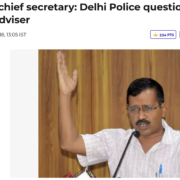

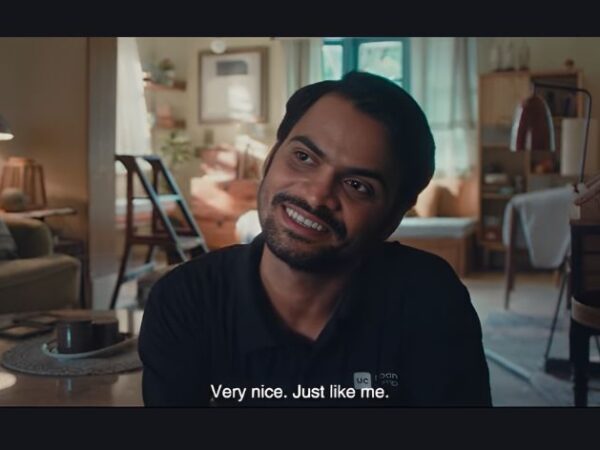
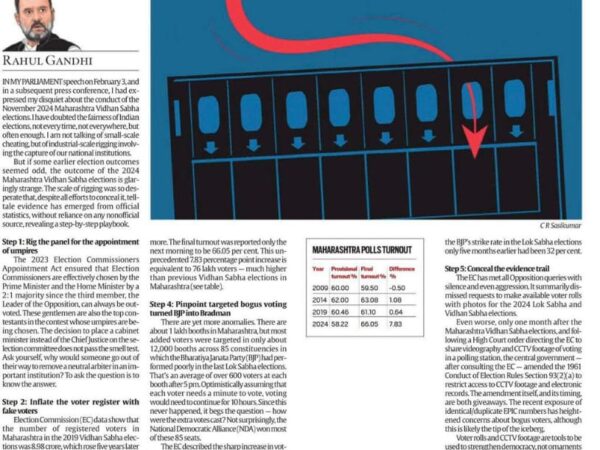
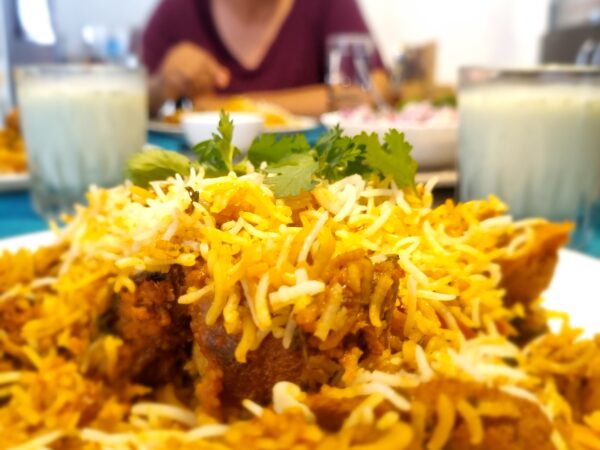
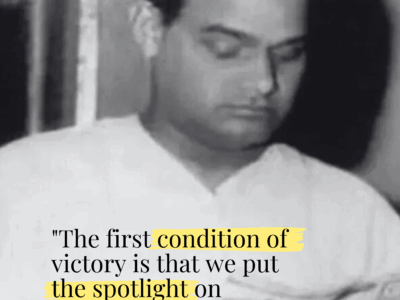
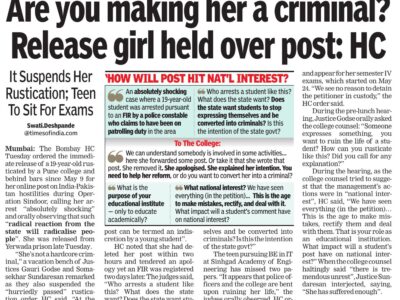












Well, I come from the Northeast..am no stranger to army atrocities.
Talk about them and you will be slapped with sedition